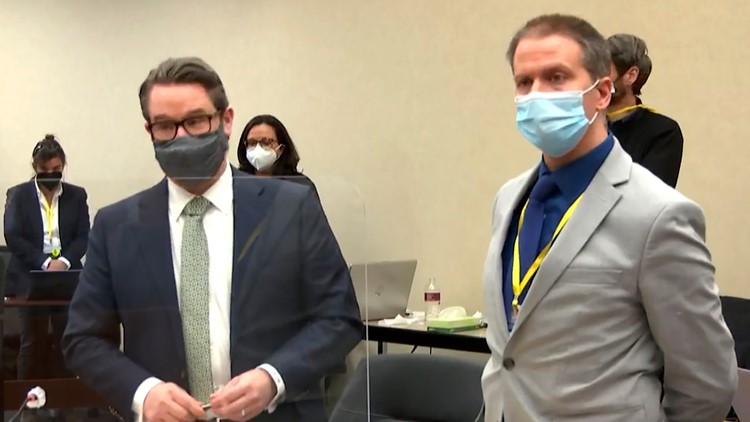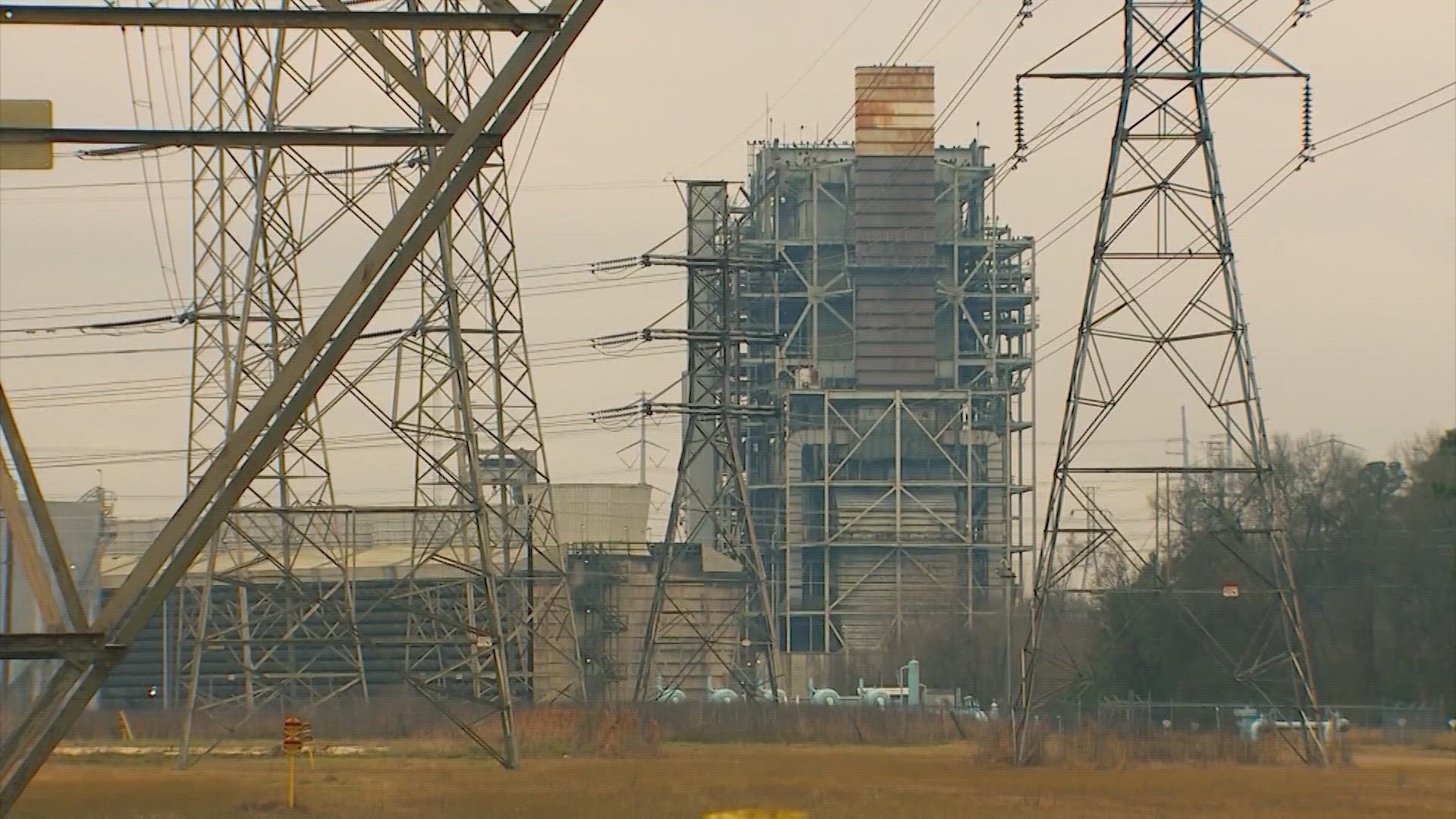Arguments in the trial of former Minneapolis police officer Derek Chauvin have come to an end. Court is now in recess until the jury ends deliberation and settles on a verdict regarding Chauvin’s culpability in the May 2020 death of George Floyd.
While the jurors are anonymous and the location of their deliberation is a secret, the jury faces public scrutiny for its decision on Chauvin’s charges in the closely-watched trial.
THE QUESTION
Does the jury have a deadline for deliberation in Derek Chauvin’s trial?
THE SOURCES
Michael Osler, professor at the University of St. Thomas School of Law in Minneapolis
Judge LaJune Lange, retired Minnesota judge and adjunct faculty at University of St. Thomas School of Law
THE ANSWER
There isn’t any limit on how long the jury will deliberate. The jurors can take however long they wish to review evidence and come to a verdict.
The jury is fully sequestered during deliberation, meaning the jurors will stay in a hotel under supervision to ensure there are no outside influences during their deliberation.
WHAT WE FOUND
Chauvin is facing charges of second-degree murder, third-degree murder and second-degree manslaughter. The Minnesota sentencing guidelines recommend 12.5 years in prison for either murder charge and four years in prison for the manslaughter charge.
Deliberation refers to the period of time the jurors discuss the evidence presented during the trial to decide upon a verdict. The Minnesota Jury Handbook says the jury should first choose a foreperson for the deliberation who will be in charge of making sure everyone participates fully during deliberation and who will hand the verdict into court.
For the duration of their deliberation, jurors are fully sequestered in order to shield them from outside influence. That means they won’t be allowed to return home and they’ll be under constant supervision.
“They're going to be staying in a hotel nearby,” said Michael Osler, a law professor at University of St. Thomas in Minneapolis. “Or maybe not nearby, if they seek greater security by creating more distance [from the courtroom].”
Judge Peter Cahill’s order says the jurors can contact their families but they can’t discuss the trial with them.
For now, it is unknown how long they will deliberate and be sequestered for.
“If I were you, I would plan for long and hope for short,” Judge Cahill told the jury as testimony concluded. “Basically it’s up to the jury how long you need to come to a unanimous decision on any count. Whether it’s an hour or a week is entirely within your province.”
According to retired Minnesota judge LaJune Lange, there is no time limit for a jury deliberation.
“They also have the right and the obligation to review all evidence and all testimony, which was very long in this case,” Lange said.
The jurors have a computer to sift through evidence as they discuss the case and they must try to reach a unanimous verdict on each charge.
“If they inform the judge that they're not able to reach a unanimous verdict, then the judge can send them back with an additional carefully crafted instruction,” Lange explained. If the jury is still unable to come to a consensus, then that results in a hung jury which opens the door for a partial verdict or mistrial.
The jury is anonymous and will be until the trial ends and the judge decides it’s safe to release the jurors’ names, leaving just information on the jurors’ race, gender and approximate ages open to the public. The jury is 33% Black, which is greater representation than Minneapolis and Hennepin County overall — they’re 19% Black and 14% Black respectively. Regardless of race, each juror was deemed impartial by the judge, prosecution and defense.
Osler says each juror brings their own complex life experiences beyond just race and gender and because of that he warns against making assumptions of the jurors based on that information alone. “People surprise you,” he said.
Judge Cahill gave the jury specific rules to follow while deliberating. Now, it’s up to them to decide whether prosecutors proved Chauvin is guilty beyond a reasonable doubt.
Something you’d like VERIFIED? Click here to submit your story.



